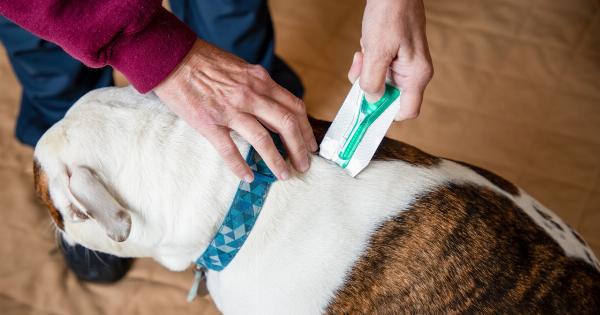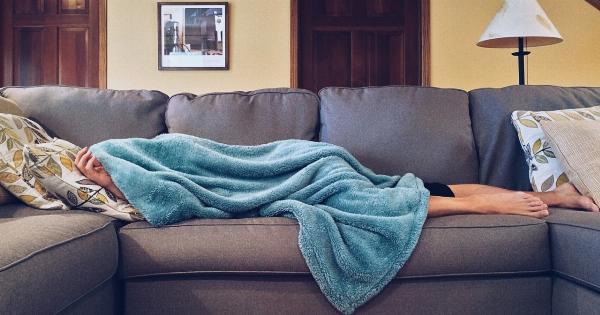Hypogonadism is a medical condition that occurs when the testes in men fail to produce sufficient levels of testosterone.
This condition can be caused by a variety of factors, including genetic disorders, injury to the testicles, or certain medical treatments.
Types of Hypogonadism
Primary Hypogonadism
Primary hypogonadism occurs as a result of dysfunction in the testicles themselves. This can be caused by genetic disorders, injury to the testicles, or certain medical treatments such as chemotherapy or radiation therapy.
Secondary Hypogonadism
Secondary hypogonadism is caused by dysfunction in the pituitary gland or hypothalamus, which are responsible for regulating testosterone production. This can be caused by certain medications or medical conditions such as obesity or diabetes.
Symptoms of Hypogonadism
The symptoms of hypogonadism can vary depending on the severity of the condition. Some common symptoms include:.
- Low sex drive
- Erectile dysfunction
- Decreased muscle mass
- Fatigue
- Depression
- Loss of body and facial hair
- Hot flashes
Diagnosis of Hypogonadism
If you are experiencing any of the symptoms of hypogonadism, your doctor may order a blood test to measure your testosterone levels.
If your testosterone levels are low, your doctor may order additional tests to determine the cause of your hypogonadism.
Treatment of Hypogonadism
The treatment of hypogonadism depends on the cause and severity of the condition. Some common treatments include:.
Testosterone Replacement Therapy
Testosterone replacement therapy is the most common treatment for hypogonadism. This involves the use of testosterone replacement products such as gels, patches, or injections to increase testosterone levels in the body.
HCG Therapy
HCG therapy involves the use of Human Chorionic Gonadotropin (HCG) to stimulate the testes to produce more testosterone. This is often used in younger men who have primary hypogonadism.
Clomiphene Citrate
Clomiphene citrate is a medication that is often used to treat infertility in women, but it can also be used to treat hypogonadism in men.
It works by stimulating the pituitary gland to produce more follicle-stimulating hormone (FSH) and luteinizing hormone (LH), which can increase testosterone production in the testes.
Lifestyle Changes
In addition to medical treatment, there are several lifestyle changes that can help improve the symptoms of hypogonadism. These include:.
- Exercise regularly
- Maintain a healthy weight
- Eat a healthy, balanced diet
- Reduce stress
- Get enough sleep
Complications of Hypogonadism
If left untreated, hypogonadism can lead to several complications, including:.
- Osteoporosis
- Depression and anxiety
- Increased risk of cardiovascular disease
- Infertility
Conclusion
Hypogonadism is a medical condition that can cause a variety of physical and emotional symptoms. If you are experiencing any of the symptoms of hypogonadism, it is important to speak with your doctor to determine the cause and appropriate treatment.
With the right treatment and lifestyle changes, most men with hypogonadism are able to manage their symptoms effectively and lead healthy, fulfilling lives.






























